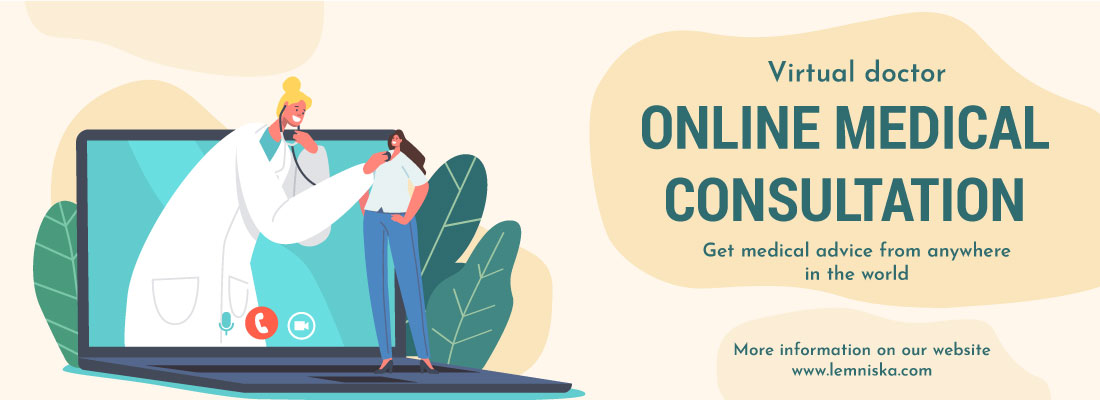In today's digital era, the internet has dramatically increased the availability of healthcare information and services. Telemedicine, online health communities, and digital health resources have transformed the way we access medical guidance and treatment. However, amidst this convenience lies a significant concern – distinguishing authentic online healthcare providers from deceptive individuals or services. In this blog post, we'll guide safely navigating online healthcare and evading counterfeit medical practitioners and scams.
1. Verify Credentials
When seeking online healthcare services, it's crucial to commence by verifying the credentials of the healthcare provider. Confirm their licenses, certifications, and accreditations. Legitimate healthcare professionals should readily provide this information when requested. Be cautious if a provider hesitates or avoids sharing their qualifications.
2. Research the Provider
A swift online search can uncover substantial information about the credibility of a healthcare provider. Look for assessments, ratings, and endorsements from past patients. Websites like Healthgrades, Vitals, or even social media platforms often contain valuable insights from individuals who have interacted with the provider.
3. Check Platform Security
Ensure that the online healthcare platform you are using is secure and complies with privacy regulations such as HIPAA (Health Insurance Portability and Accountability Act). Secure platforms employ encryption to safeguard your data, protecting your personal health information from potential breaches.
4. Request a Virtual Consultation
Before committing to any treatment or medical advice, it's wise to request a virtual consultation with the healthcare provider. During this consultation, assess their professionalism, knowledge, and ability to provide satisfactory answers to your inquiries. Fake doctors may struggle with medical terminology or offer vague advice.
5. Be Wary of Unrealistic Promises
Exercise caution when dealing with healthcare providers who make extravagant promises or offer treatments that appear too good to be true. Genuine healthcare professionals set realistic expectations and discuss potential risks and side effects associated with any treatment.
6. Trust Your Intuition
If you have a gut feeling that something isn't right during your interactions with an online healthcare provider, trust your instincts. If they display excessive aggressiveness in pushing treatments, demand upfront payment, or seem unwilling to address your concerns, it is advisable to seek another provider.
7. Confirm Payment Methods
Before making any payments, ensure you understand the payment methods accepted by the provider. Verify that the payment process is secure, and insist on receiving a proper invoice or receipt for your transaction.
8. Seek Advice from Your Primary Care Physician
Always consult your primary care physician or an in-person healthcare provider making significant decisions based on online consultations. They can offer guidance, review treatment plans, and ensure your well-being.
9. Report Suspected Scams
If you encounter a bogus doctor or have reason to suspect fraudulent activities, report them to the appropriate authorities, such as your state medical board or the Federal Trade Commission (FTC). Reporting can contribute to safeguarding others from falling prey to scams.
Conclusion
Online healthcare provides convenience and accessibility, but it also presents risks if not approached with caution. By confirming credentials, researching providers, ensuring platform security, and trusting your intuition, you can navigate online healthcare safely. Always remember that your health is paramount, and you must prioritize safety when seeking medical advice and treatment online.











